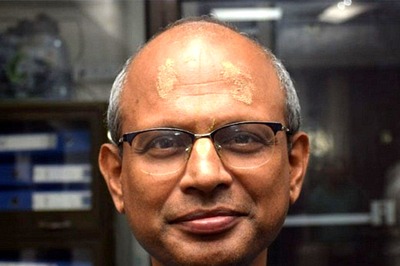
views
Paul Graham, the founder of Y Combinator, recently shared his thoughts on how founders should manage their growing companies. In an essay published on his website, he recalled a recent talk by Airbnb CEO Brian Chesky, which resonated with other entrepreneurs as well. As Airbnb expanded, those around Chesky advised him to “hire good people and give them room to do their jobs.” However, when he followed this advice, the outcome was disastrous. Instead, Chesky looked at how Steve Jobs managed Apple and argued that running a company can be done in two ways, founder mode or manager mode. While many believe that growing a startup requires a manager’s touch, Graham suggests that founders can also bring unique strengths that managers might not.
He wrote, “Why was everyone telling these founders the wrong thing? That was the big mystery to me. After mulling it over for a bit I figured out the answer: what they were being told was how to run a company you hadn’t founded, how to run a company if you’re merely a professional manager. But this m.o. is so much less effective that to founders it feels broken. There are things founders can do that managers can’t, and not doing them feels wrong to founders, because it is.”
Traditionally, many in Silicon Valley believed that to grow a startup, founders needed to switch to a manager’s role. However, the struggles of founders who have tried this method, suggest that founder mode can still be effective. Meanwhile, the alternative approach, which keeps the founder actively involved, seems to work better for some startups. Paul Graham added that there aren’t any books or business school courses about founder mode. Now that people are aware of this mode, Graham hopes that in a few years, founder mode will be understood as clearly as manager mode.
“The way managers are taught to run companies seems to be like modular design in the sense that you treat subtrees of the org chart as black boxes. You tell your direct reports what to do, and it’s up to them to figure out how. But you don’t get involved in the details of what they do. That would be micromanaging them, which is bad,” Paul Graham added.
The CEO of Y Combinator further explained that founder mode likely involves breaking away from the usual practice where CEOs only interact with their companies through their direct reports. Instead, CEOs in founder mode might hold meetings with employees at various levels. Sharing an example of Steve Jobs, Graham said that he used to host an annual retreat for the 100 most important people at Apple, chosen for their impact rather than their rank. This worked for him, but it is still not adopted by others, so it’s unclear whether it’s a good or bad practice.




















Comments
0 comment